What commitments did the G20 Summit agree to?
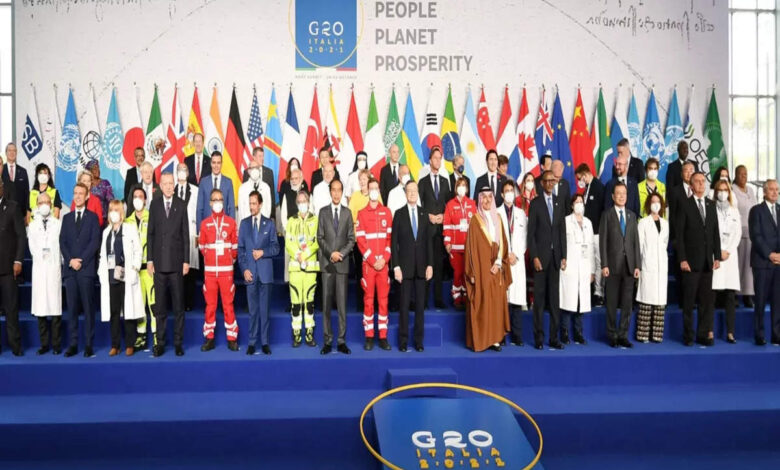
The G20 Summit held in Rome is the first in-person meeting after the outbreak of the pandemic. The Summit had a list of agendas including, climate change, COVID-19 pandemic, tax policies, and global economic concerns.
When Climate Change is concerned, the leaders are committed to the Paris Agreement. As a part of the Paris Agreement, the goal of limiting global warming to 1.5 degrees above the pre-industrial levels. Also, the countries have pledged to reduce coal emissions. However, there is a shortage on the targets of zero emissions.
Let us have a look at the commitments the G20 Summit agreed on:
To keep global warming within 1.5 degrees Celsius will require effective and meaningful actions and commitments by all countries. On this note, the G20 Summit concluded.
Moreover, the G20 Summit pledged to reach a target of net-zero carbon emissions somewhere around the middle of the century. What was more interesting was the fact that the Summit did not keep a clear target of 2050. As was expected by the campaigners and the host country Italy.
Furthermore, the Summit agreed to stop funding the new dirty coal plans responsible for carbon emissions.
The Summit was also reassured to fulfill the unmet commitment to mobilize the $100 billion. The fund will support the developing and least-developed countries to adapt to climate changes.
The decision is that the multi-national companies will be subjected to a minimum of 15 percent tax. Why have the minimum baseline? It is a part of an effort to build a more stable and transparent international tax system. The US-based tech giants like Apple, Facebook, Amazon, Google parent Alphabet are- in particular, targets to the new tax policy. As they have benefited from low-tax countries to minimize their bills.
All the countries that will take part in the global deal must first pass the national legislation. And Joe Biden is among many others facing tough domestic opposition to the plans.
Besides all the obstacles, the new tax regulations will come into global effect in 2023.
The global leaders vowed to support WHOs vaccination program. The program aims to vaccinate at least 40% of the world’s population by 2021. And to cover vaccination of 70% by the middle of 2022. By boosting the supply of vaccines in the developing and least-developed countries.
The G20 Summit also promised to come together towards the recognition of the COVID-19 vaccine deemed safe. Notably, this topic came as a complaint by Russian President Vladimir Putin on the lack of international approval for Moscow’s Sputnik V vaccine shot.
The Central Banks are monitoring the current dynamics of price rise. The G20 Summit promised to act to meet their mandates.
On a final note, the G20 Summit pledged to remain vigilant to the global challenges. Why? As those challenges are impacting our economies and, address the issues whenever the economy stabilizes.
Last but not least, the leaders set a new target of mobilizing $100 billion towards the poorest of the nations. Where will the money come from? From the $650 billion, made available by the International Monetary Fund (IMF).
It is a fresh issuance of its Special Drawing Rights (SDR).
Also read: Down Syndrome Awareness Month


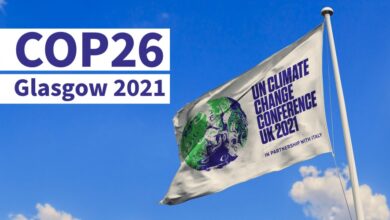
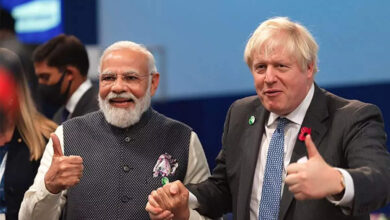
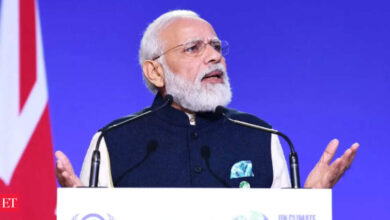
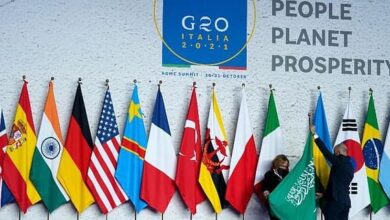
One Comment